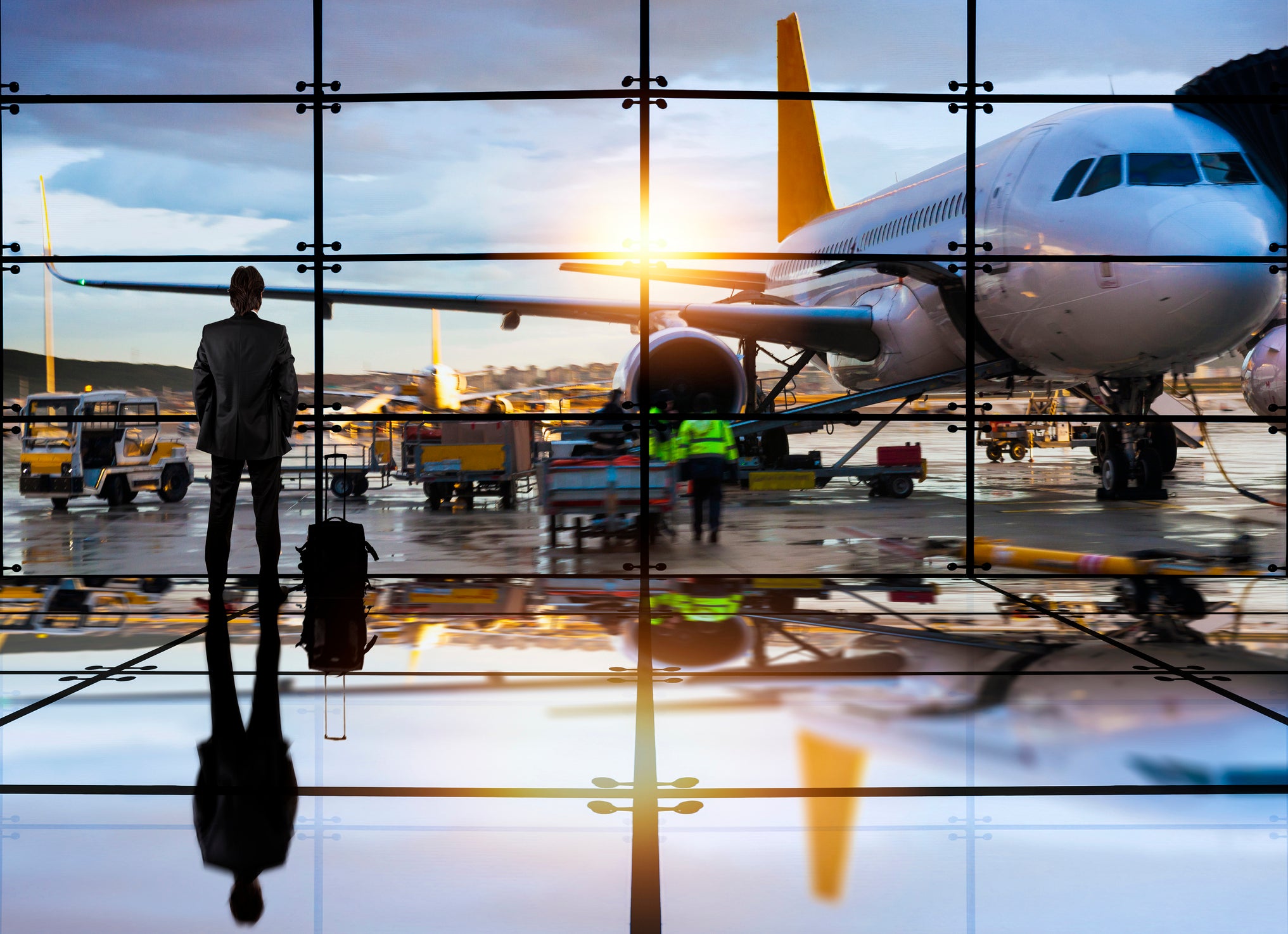Covid: Life in Israel returns to normal with 80 per cent of adults vaccinated
Israel lifted some of its last COVID-19 restrictions on Tuesday as new cases drop to 15 per day.

Your support helps us to tell the story
From reproductive rights to climate change to Big Tech, The Independent is on the ground when the story is developing. Whether it's investigating the financials of Elon Musk's pro-Trump PAC or producing our latest documentary, 'The A Word', which shines a light on the American women fighting for reproductive rights, we know how important it is to parse out the facts from the messaging.
At such a critical moment in US history, we need reporters on the ground. Your donation allows us to keep sending journalists to speak to both sides of the story.
The Independent is trusted by Americans across the entire political spectrum. And unlike many other quality news outlets, we choose not to lock Americans out of our reporting and analysis with paywalls. We believe quality journalism should be available to everyone, paid for by those who can afford it.
Your support makes all the difference.After a successful vaccine rollout, Israel is reporting just fifteen new daily coronavirus cases in the last week — its lowest count in more than a year.
The fall in infections has encouraged Israeli businesses to return to full capacity. Residents are no longer required to carry proof of their Covid jabs as they visit restaurants, sporting events, or entertainment venues.
With diminishing covid infections, Israel health officials say mask-wearing inside public spaces could end as early as next week.
On Tuesday, the Israel health ministry announced the removal of Green Pass and Purple Badge restrictions. Under the Green Pass system, people were allowed to access public spaces such as restaurants and gyms, only if they showed proof of vaccination or a negative COVID-19 test.
The lifting of Purple Badge restrictions will enable all establishments to resume all normal activities, without any restrictions on occupancy ratios or gatherings. These relaxation measures will extend to workplaces and public transportation.
Since its vaccine rollout in December 2020, Israel delivered more than 10 million doses within 4 months. By April 19, this year, 54 per cent of the entire Israeli population of 9·1 million people, and 88 per cent of people aged 50 years or older, had received two doses. With a surplus of vaccines, the country even moved on to vaccinating non-vulnerable groups.
Other factors which contributed to Israel’s rapid vaccine rollout include “its small geographical and population sizes; advanced information technology that allowed prioritisation, allocation, and documentation of vaccines for eligible individuals,” the Lancet reported.
In contrast, only 6 per cent of the total Palestinian population has received at least one dose of the covid-19 vaccine.
Not much has changed for those residing in the Palestinian territories, who are also dealing with the aftermath of last month’s ten-day Israeli-bombing campaign. The bombing erased entire residential buildings, schools and hospitals, including Gaza’s only covid testing site.
Under Article 56 of the Fourth Geneva Convention, the Occupying Power has the duty of ensuring and maintaining, with the cooperation of national and local authorities, “the medical and hospital establishments and services, public health and hygiene in the occupied territory, with particular reference to the adoption and application of the prophylactic and preventive measures necessary to combat the spread of contagious diseases and epidemics.”
Earlier in the year, Medecin Sans Frontiere said, “In Israel, you’re 60 times more likely to have a COVID vaccine than in Palestine.”Human rights organisations have called on Israel to give Palestinians vaccines right away.
Israel's vaccination campaign has effectively ended and the country's vaccination rate is being put to the test by mass gatherings. The vast vaccine inequities between Israel and Palestine could mean that a new strain could have consequences, scientists have warned.
Israel still enforces tight travel restrictions; it is closed off to most tourists, and incoming travellers are required to quarantine for two weeks, then take a covid-19 test on their ninth day in the country.
Israeli citizens need special permission to travel to nine countries where infection rates are high or coronavirus variants are dominant and fast-spreading: Argentina, Brazil, Ethiopia, India, Mexico, Russia, South Africa, Turkey, and Ukraine.
Join our commenting forum
Join thought-provoking conversations, follow other Independent readers and see their replies
Comments